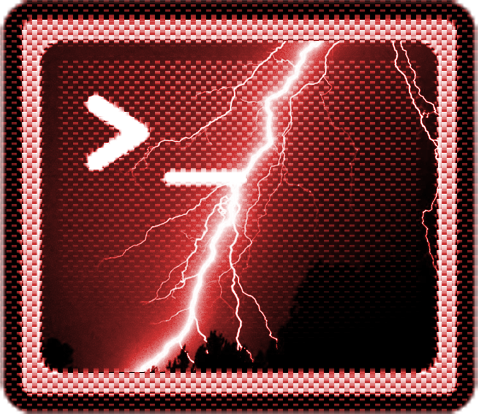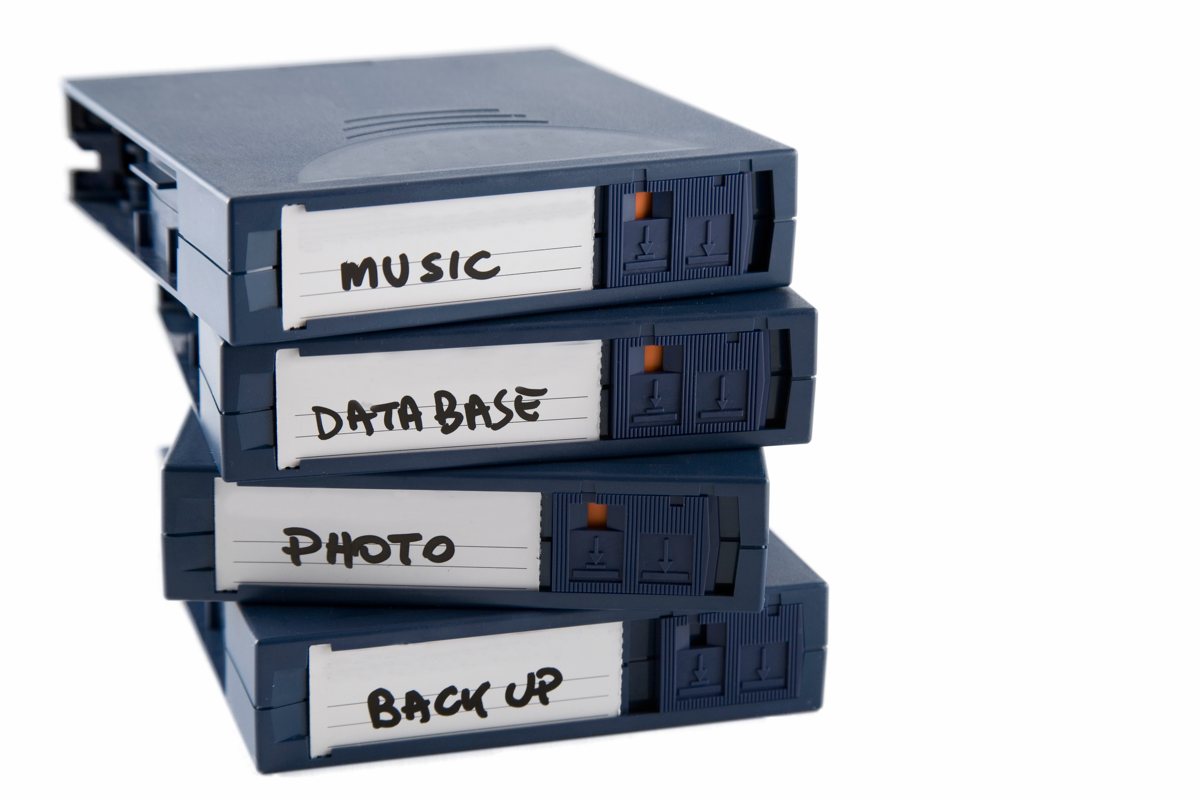
News is breaking today about a wide-reaching and extremely serious vulnerability, which the security community has nicknamed Shellshock. Although the security and developer communities are still pulling all-nighters to come to grips with the seriousness of the issue, we at BreachAlarm wanted to fill you in on everything we know, and how it affects you as a casual technology user.
First, the bad news: the Bash software in which the Shellshock bug has been discovered is present in all sorts of computer systems, and we mean all sorts. The web services you use, your work’s network services and infrastructure, your personal computer (especially if you own a Mac), your smartphone (iPhone or Android), the Wi-Fi routers in your home and business, your bank’s ATMs, the cash registers at the stores where you shop, even many of the boxes you plug into your TV, all of these are likely to contain the Bash software. Basically, anything running open source software (and a vast array of commercial products do) is likely to include a copy of Bash. As for what versions of Bash have the bug, how does every version released in the past 20 years sound? Yes, the news is that bad.
At this point, you might be wondering just what this Bash software is, and if it’s so buggy, why it seems to be in every digital device in your life. And what can you even do about it? Allow us to explain.
Read More





